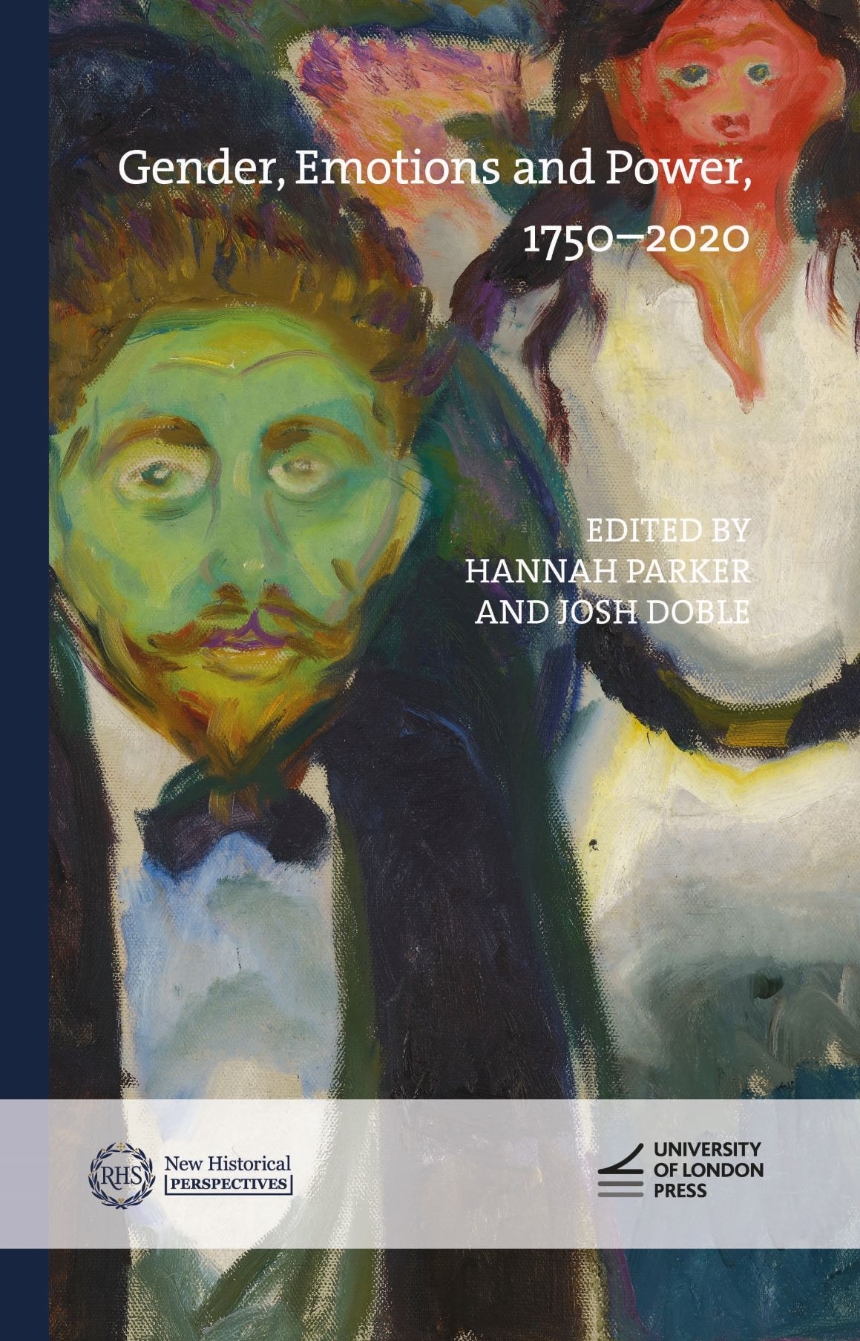The Poets Laureate of the Long Eighteenth Century, 1668–1813
Courting the Public
9781914477300
9781914477294
Distributed for University of London Press
The Poets Laureate of the Long Eighteenth Century, 1668–1813
Courting the Public
A history of the development and importance of the office of poet laureate of Britain.
The office of the poet laureate of Britain was a highly prominent, relevant, and respectable institution throughout the long eighteenth century. First instituted for John Dryden in 1668, the laureateship developed from an honorific into a functionary office with a settled position in court, and in 1813 was bestowed upon Robert Southey, whose tenure transformed the office. Taking an interdisciplinary approach, this book examines the office’s institutional changes and public reception, the mechanics of each laureate’s appointment, and the works produced by the laureates before and after their appointments. It argues that the laureateship played a key part in some of the most vital trends in eighteenth-century culture.
At the core of the book is a new research paradigm that Leo Shipp calls the conceptual geography of culture. It shows that Britons routinely used spatial concepts to understand culture throughout the period, which became increasingly abstract over time. As part of this, Shipp shows, the court evolved from a concrete space in London to an abstract space capable of hosting the entire British public. The laureateship was a dynamic office positioned at the interface of court and public, evolving in line with its audiences. An important intervention in eighteenth-century historiography, this book presents a nuanced understanding of eighteenth-century culture and society, in which the laureateship exemplified the enduring centrality of the court to the British conceptual geography of culture.
The office of the poet laureate of Britain was a highly prominent, relevant, and respectable institution throughout the long eighteenth century. First instituted for John Dryden in 1668, the laureateship developed from an honorific into a functionary office with a settled position in court, and in 1813 was bestowed upon Robert Southey, whose tenure transformed the office. Taking an interdisciplinary approach, this book examines the office’s institutional changes and public reception, the mechanics of each laureate’s appointment, and the works produced by the laureates before and after their appointments. It argues that the laureateship played a key part in some of the most vital trends in eighteenth-century culture.
At the core of the book is a new research paradigm that Leo Shipp calls the conceptual geography of culture. It shows that Britons routinely used spatial concepts to understand culture throughout the period, which became increasingly abstract over time. As part of this, Shipp shows, the court evolved from a concrete space in London to an abstract space capable of hosting the entire British public. The laureateship was a dynamic office positioned at the interface of court and public, evolving in line with its audiences. An important intervention in eighteenth-century historiography, this book presents a nuanced understanding of eighteenth-century culture and society, in which the laureateship exemplified the enduring centrality of the court to the British conceptual geography of culture.
232 pages | 6.14 x 9.21 | © 2022
History: British and Irish History
Literature and Literary Criticism: British and Irish Literature
Table of Contents
Introduction.
1. Patronage Asserted: The Formation of the Laureateship, 1668–1715
2. Loyalty Marketed: The Works of the Early Hanoverian Laureates, 1700–1730
3. Merit Rewarded: The Hanoverian Appointments, 1715–1813
4. Parnassus Reported: The Public Laureate, 1757–1813
5. “But Odes of S----- almost choakt the way”: Laureate Writings of the Long Eighteenth Century
Conclusion.
1. Patronage Asserted: The Formation of the Laureateship, 1668–1715
2. Loyalty Marketed: The Works of the Early Hanoverian Laureates, 1700–1730
3. Merit Rewarded: The Hanoverian Appointments, 1715–1813
4. Parnassus Reported: The Public Laureate, 1757–1813
5. “But Odes of S----- almost choakt the way”: Laureate Writings of the Long Eighteenth Century
Conclusion.

